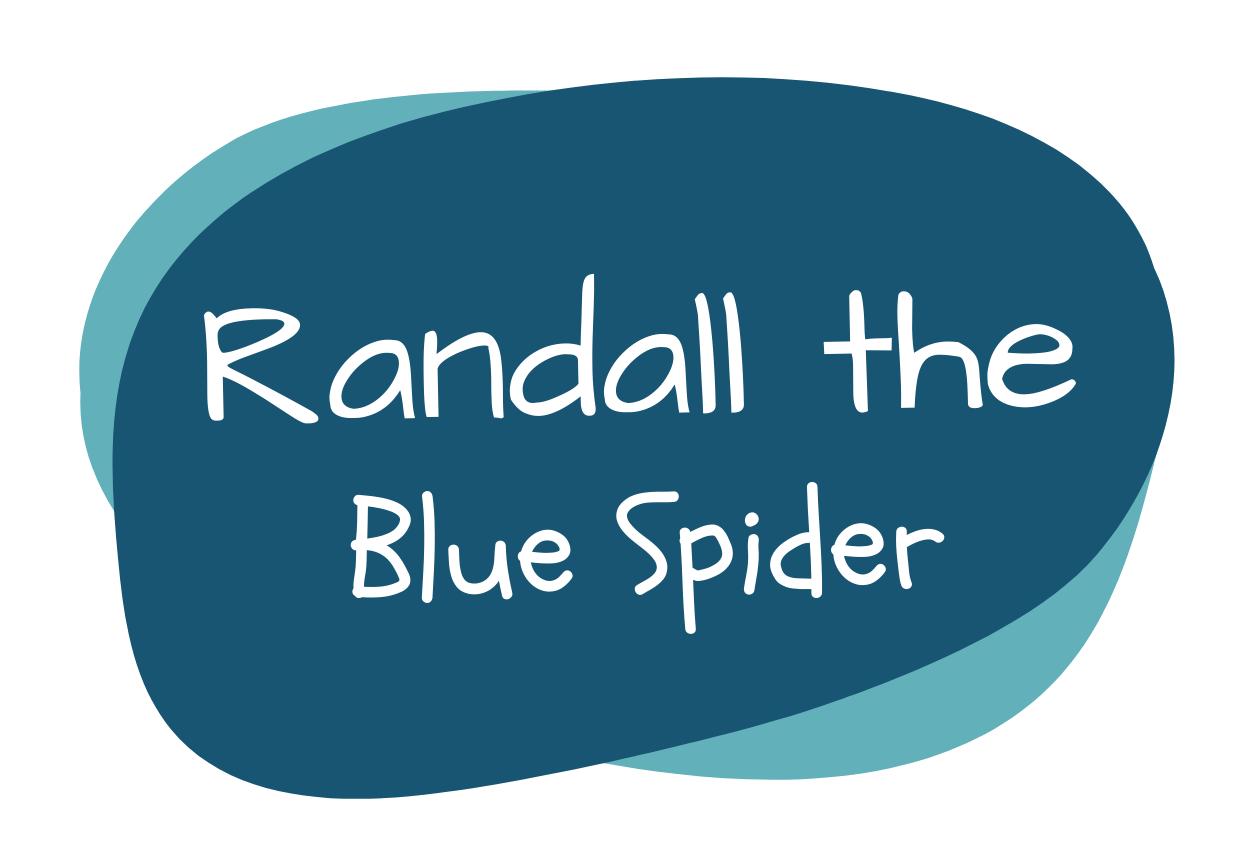Helping Your ADHD Child Manage Frustration and Anger
Are you the parent of a child with Attention Deficit Hyperactivity Disorder (ADHD)? If so, you are probably all too familiar with those moments when your child experiences frustration and anger.
We understand how difficult it can be when your child isn't cooperative. Before - my seven-year-old used to express his frustrations by clenching his fists or pounding lightly on the desk...
However, lately, he has started to retaliate and reject what is being asked of him. For example, recently, in class, he threw a book onto the ground after being asked not to talk with his friends.
In challenging times, it's understandable to feel overwhelmed and powerless. However, there are always ways in which you can help!
Before I get to any tips - I will tell you what I have to tell myself every time I get a phone call from a teacher about an episode... Despite what they may be feeling, remind yourself that this isn’t YOUR fault – your child has an underlying neurological disorder that requires extra patience from us parents and teachers.
It's like expecting a child in a wheelchair to stand and walk - telling someone with ADHD to remain still is unrealistic and unfair. It's not that easy, so instead of reprimanding your child for their actions, give them a safe and supportive environment to express themselves.
Here are some tips for managing episodes of frustration and anger in ADHD children.
The most important thing is to create a safe and supportive environment for your child. Speak in a soothing voice, maintain eye contact, and use positive language throughout the episode.
It’s also essential to remember that (IF) your child has already been taught coping skills and strategies to manage their emotions - try to remind them of the tools they have at their disposal, like taking deep breaths, counting backward from 10, or focusing on something else. See if any activities or hobbies can help distract them from their negative feelings.
Visual aids are also incredibly helpful in getting your child to calm down. Posters with calming cues (like deep breathing exercises) around the home can act as reminders for when they feel overwhelmed. You may even want to create a signal word or phrase you both use when they need a reminder of how to safely manage their intense emotions.
Above all else, show empathy and understanding during an episode of frustration and anger. Acknowledge their feelings so they know you're supportive, which will help them eventually calm down.
If episodes become too frequent or intense, don’t be afraid to seek professional help from a therapist or counselor who can provide additional guidance. It can be hard as parents to manage episodes of frustration and anger in ADHD children, but with patience and the right tools, it is possible to get through it!
While managing episodes of frustration and anger in ADHD children can be challenging for parents, it’s important to remember that it is possible to help them through these situations.
Managing episodes of frustration and anger in ADHD kids is definitely no small feat. But by providing a safe and supportive environment, demonstrating empathy, and using the right tools, you can help your child learn to cope with difficult emotions in a healthy way.

